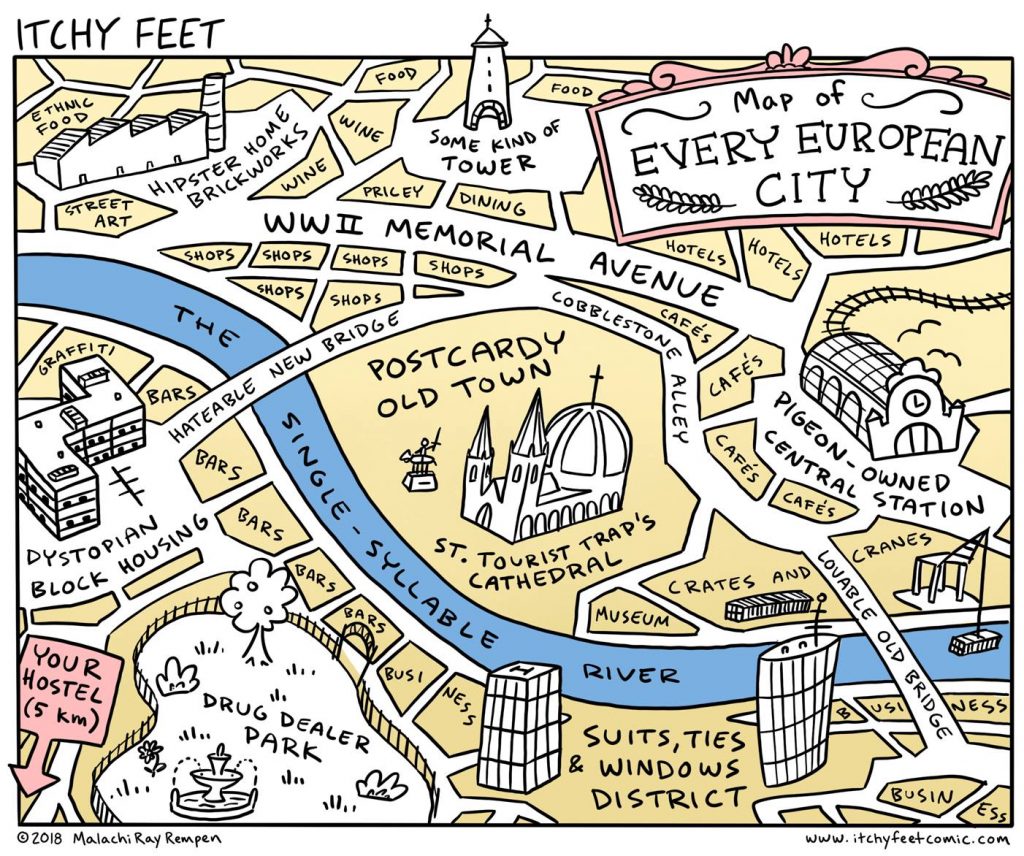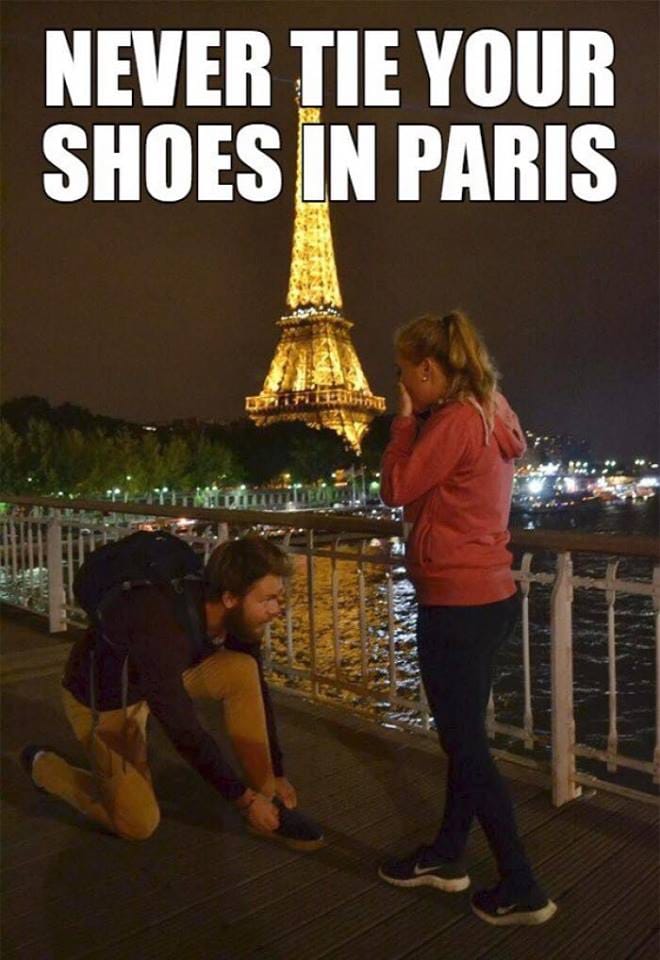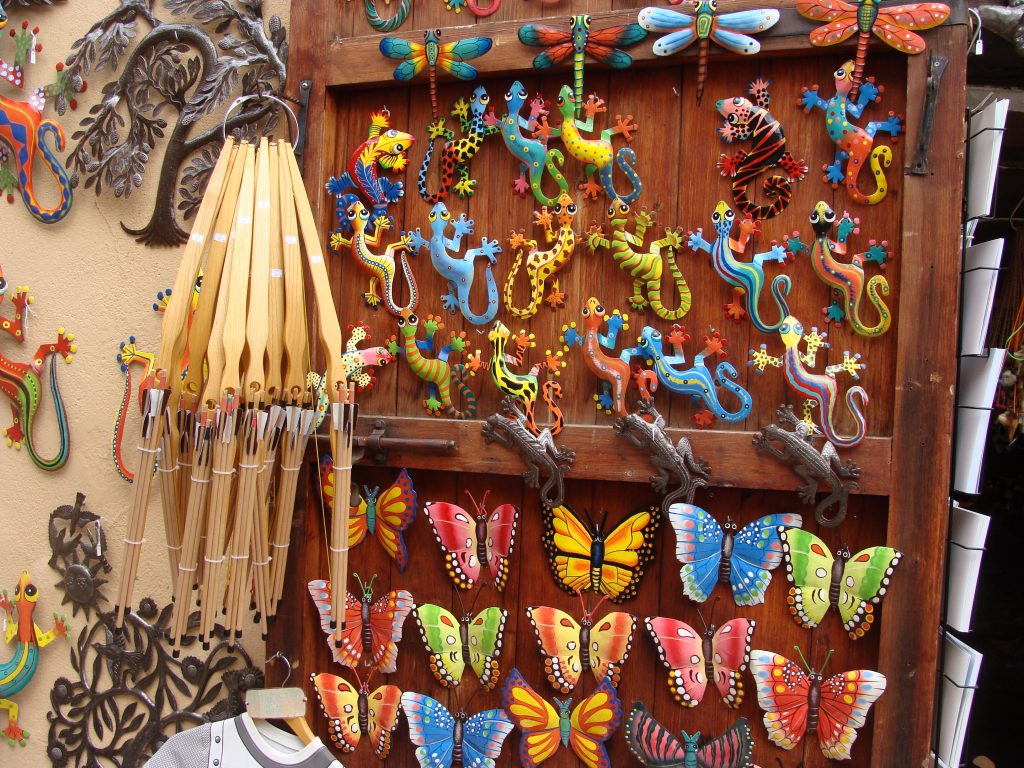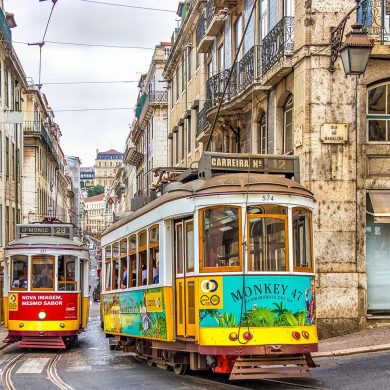The above title reads as the definition of a casino but it’s actually referring to all the bads and evils tourists face when travelling and dealing with less than honest locals or what appear to be locals. Of course 99% of locals are genuine and most of the times friendly and helpful towards foreigners and yet it’s the 1% that may put a wedge on a country’s reputation.
The scams we’re facing when travelling abroad are scarier than the ones we face on our home turf, because we don’t have local knowledge, don’t speak the local language/dialect and even our body language or most often our looks, makes us a potential target for people who make a living on the back of naïve tourists. There are emergency numbers you can call if you’re victim of a scam. In Canada and US, 911 in Europe 112. In the United Kingdom, the numbers 999 and 112 both connect to the same service, and there is no priority or charge for either of them. Callers dialing 911, the USA’s emergency number, may be transferred to the 999 call system if the call is made within the United Kingdom from a mobile phone. Of course these numbers should be used only in emergencies, not when someone sells you a bottle of water with $5….All major European cities are haunted by scammers, Paris, London, Amsterdam, Rome, Lisbon, Bucharest and even Stockholm to name a few.
The list of scams is relatively impossible to compile, given that the scammers come up with new tricks every season but some are a staple of their diet and here comes a list of issues we encountered, read about, heard of and noticed:
- Street games. You will be entertained by tricks ad invited to bet on it after a few free rounds.
- The rose for your girlfriend/wife/daughter/sister. A seller will offer a rose to your co-traveller and will ask you a hefty price for the flower.
- The fake taxi. This is a very common one. Even in the era of Uber, Lyft and others there are still people hanging around the airport trying to drive you to the city and charge you a lot of money. If you haven’t booked an Uber, get an official taxi with a working meter.
- The souvenir seller. In all major tourist landmarks, you will be harassed by various people trying to sell you souvenirs mostly fake and overpriced.
- The antique and artifact seller. This may not be so common but you will be tempted in buying antique precious stuff typically in a hidden alley. Even if the artifact would be real, you may end up fined or even in jail. This is illegal in all countries.
- The amazing deal or brand name items. Watches, sunglasses, leather jackets, mobile phones all fake will be offered for sale at an amazing price.
- Taxis and Ubers taking you the long way. Knowing the language may not save you from this one. The local accent may differ than yours and you will pay for that taxi ride double than a local would.
- Restaurants in the tourist areas are way over priced and the food has in general nothing to do with the local cuisine. Restaurants with images on the menu and in different languages are in general a tourist trap.
- The beggar. In many major cities the beggars are gathered in the tourist areas and with signs in English. Some may be insistent and will follow you for a few minutes. Just say “police” to get rid of them.
- The photographer. Be careful when asking someone to take a picture of you. They may ask for money or run away with your phone or camera.
- The map seller. Someone will try to sell you a map or a brochure while his accomplices will pickpocket you when you’re distracted.
- The friendship bracelet. Someone will offer you (and even put it on) a bracelet and then ask you for a hefty price for a bracelet

- The overly helpful local. A person will approach you offering to be your guide or suggesting places to visit. This person is easy to spot since he/she is always around in the tourist areas, seemingly just hanging out. You will be tricked into going to restaurants, shops etc. less than legit which this person has connections with.
- The flirt. This is similar to the one above. Someone flirting with you with the only goal to take you to expensive places where you will foot the bill.
- The charity donation. Someone will approach you with a list for donation for some charity with a sobbing inducing name. The charity doesn’t exist or if it does the person is not working for them.
- The fake tickets. Someone will see you lining up for entrance tickets at some landmark and will offer you discreetly a discounted ticket.
- The “stranded tourist”. You will be approached by someone pretending she/he’s been robbed, car breakdown, child sick or similar, and he/she needs some money to fix the “problem” and get home.
The Gringo effect is based on your looks. A blonde tourist will stand out in many southern European countries and will get the Gringo price on pretty much anything. The price would be at least double. The opposite may be also true. If you don’t look like a local, always question the price when buying anything from a market or private. If you do look like a local, try not to say anything that would blow off your true nationality until the deal is done.
Well, let’s hear it folks! What scams did you see while travelling? Leave a comment below!








